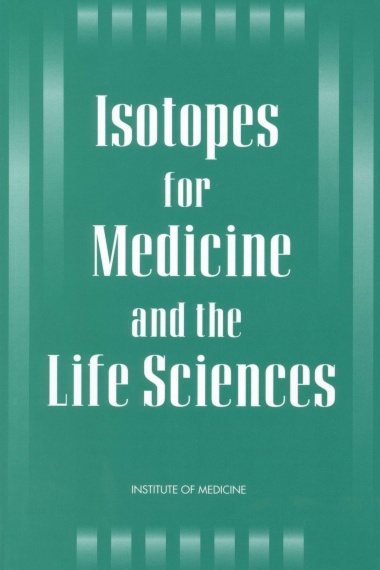

Radioactive isotopes and enriched stable isotopes are used widely in medicine, agriculture, industry, and science, where their application allows us to perform many tasks more accurately, more simply, less expensively, and more quickly than would otherwise be possible. Indeed, in many cases—for example, biological tracers—there is no alternative. In a stellar example of "technology transfer" that began before the term was popular, the Department of Energy (DOE) and its predecessors has supported the development and application of isotopes and their transfer to the private sector. The DOE is now at an important crossroads: Isotope production has suffered as support for DOE's laboratories has declined. In response to a DOE request, this book is an intensive examination of isotope production and availability, including the education and training of those who will be needed to sustain the flow of radioactive and stable materials from their sources to the laboratories and medical care facilities in which they are used. Chapters include an examination of enriched stable isotopes; reactor and accelerator-produced radionuclides; partnerships among industries, national laboratories, and universities; and national isotope policy.